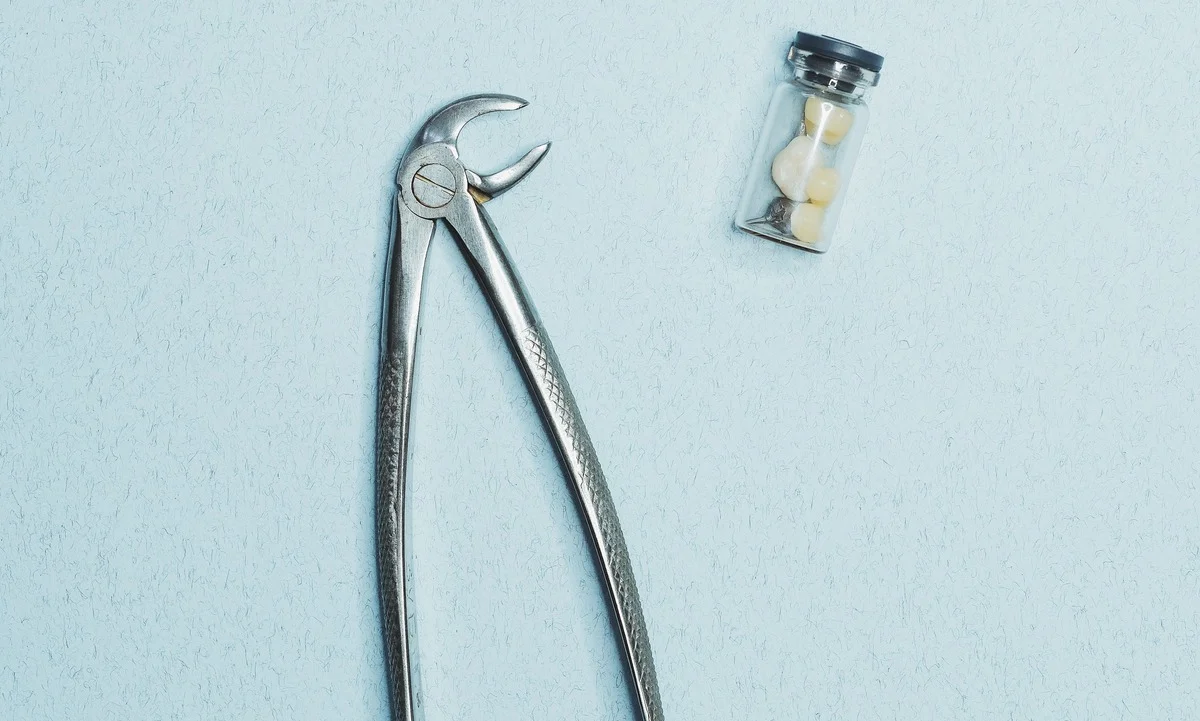If you’ve ever had a bad experience at the dentist, it’s completely normal to feel suspicious or hesitant about your next visit. And if you’ve been told you need your wisdom teeth out, you’re probably asking the big question: does wisdom teeth removal hurt?
Let’s walk through everything you need to know about the pain (or lack of it) during the procedure, how your body reacts, and what to expect afterward.
Why Do We Even Feel Pain?
Pain is the body’s way of telling us something is happening — something unusual or potentially dangerous. It’s a survival mechanism. In the case of wisdom tooth removal, your body is simply responding to trauma.
The gums, soft tissues, and bone around the tooth have been disturbed, and your body immediately kicks into healing mode. That discomfort afterward is your body saying, “I’ve got this — now give me a minute to fix things.”
So… Does Wisdom Teeth Removal Hurt?
Here’s the honest answer: no, it shouldn’t — at least not during the actual procedure.
Your dentist or oral surgeon will use a local anesthetic to completely numb the area. You might feel pressure or movement, but you won’t feel pain. If you do feel anything sharp or uncomfortable, say something right away. Your dentist can always add more anesthetic.
And if you’re especially anxious or having multiple teeth removed, general anesthesia or sedation might be offered to make the experience easier. Before every procedure such as this one, pre-operative preparation in done, and your dentist will likely explain what is the situation and how long it could take for procedure to be done.
How Painful Is Getting a Wisdom Tooth Removed?
This is a question we hear all the time, and the answer depends on how complex the removal is. If the tooth is impacted or the roots are fully developed, the procedure may take longer and require more pressure to extract. But even then — you shouldn’t feel pain during it.
You may feel tugging, pressure, or some pulling sensations. That’s completely normal. But actual pain? That should be a no-go. The goal is to make you comfortable and keep you calm the entire time.
If you’re still wondering how painful is getting a wisdom tooth removed, think of it more like a slightly uncomfortable dental chore — not something horrifying like what you might see on social media.
When the Numbing Wears Off: What to Expect
After the procedure, once the anesthetic starts to wear off, you’ll likely feel some dull pain or tenderness. This usually peaks around 6 hours post-op and gradually fades over the next few days.
What you’re feeling isn’t random pain — it’s just your body healing. Tissue and bone were disturbed, so a bit of soreness is expected. But it’s usually manageable with over-the-counter painkillers like ibuprofen.
If your case was more complex, your doctor might give you stronger prescription meds to help manage the discomfort.
How Bad Does Wisdom Teeth Removal Hurt Once You’re Home?
This one comes down to individual experience, but for most people — it’s not “bad” in the dramatic way you may expect. The first 24 to 72 hours can feel sore, dull, or achy. Swelling might show up too. That’s where ice packs come in handy.
The pain is usually not sharp or unbearable. As long as you follow your dentist’s aftercare instructions, you should feel better every day.
That said, if the pain doesn’t go away or gets worse after three days, call your dentist. It might be a sign of a complication like a dry socket (which just means the blood clot got dislodged). It’s treatable, so don’t panic- just don’t ignore it. If you are reading this article before the procedure, and you are afraid you will forget all details and instructions your dentist will give you, write it down.
Your body will need a moment to recover, and good oral hygiene, well-balanced nutrition and avoiding certain habbits can improve the whole healing process you go through.
Simple Tips to Make Recovery Easier
You’ve probably heard these before, but here’s a friendly reminder:
- Cold compress: Use it intermittently for the first 24 hours to keep swelling down.
- Saltwater rinse: Gently swish after 24 hours (but don’t rinse too hard).
- No straws or smoking: Both can dislodge the clot and delay healing.
- Stick to soft foods: Yogurt, mashed potatoes, and smoothies are your best friends.
- Take meds as prescribed: Don’t skip doses, especially in the first two days.
And most importantly, stay in touch with your dental office. Ask questions. Report anything unusual. They’d rather hear from you than have you suffer in silence.
Final Thoughts: Don’t Let Fear Win
The truth is, modern dental techniques have come a long way. Anesthesia is highly effective. Sedation is widely available. And oral surgeons do this procedure every single day.
Yes, it’s surgery — but it’s also routine. So if you’re still asking, does wisdom teeth removal hurt, let this reassure you: No, not during the procedure. And the recovery pain is totally manageable.
Just prepare, follow your aftercare steps, and talk to your dentist openly about any fears you have. You’re not alone in feeling nervous — and you’re definitely not the only one who’s asked this question.
Refererences:
- InformedHealth.org [Internet]. Cologne, Germany: Institute for Quality and Efficiency in Health Care (IQWiG); 2006-. Wisdom teeth: Learn More – Should you have your wisdom teeth removed? [Updated 2023 Sep 5]. Available from: https://www.ncbi.nlm.nih.gov/books/NBK279590/
Selam Omerkić, DMD, is a practicing dentist and editor of Your Dentista. With clinical experience in private practice, Dr. Omerkić is dedicated to improving public oral health through evidence-based practice and patient education. He holds a dental degree from the University of Sarajevo and brings an international perspective to dentistry through collaboration and professional exchange. His work aims to make trustworthy, research-backed dental information accessible to all.


